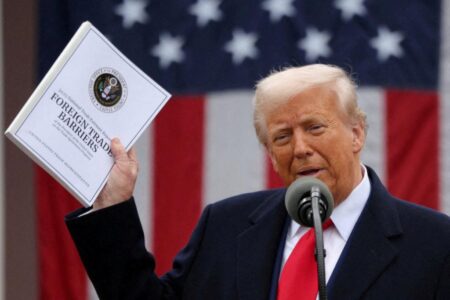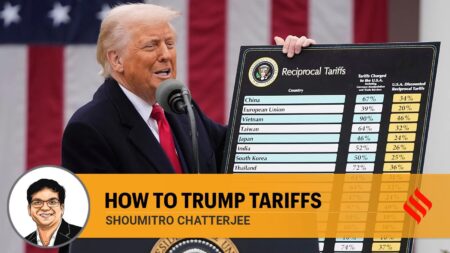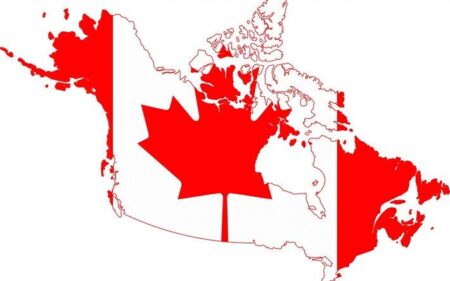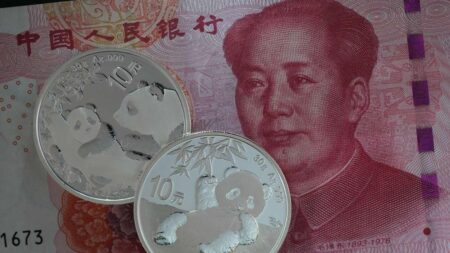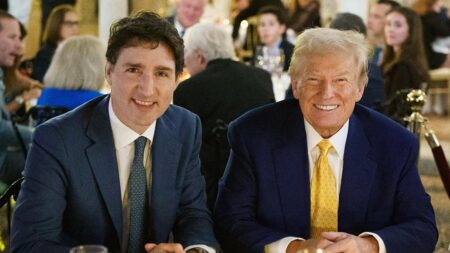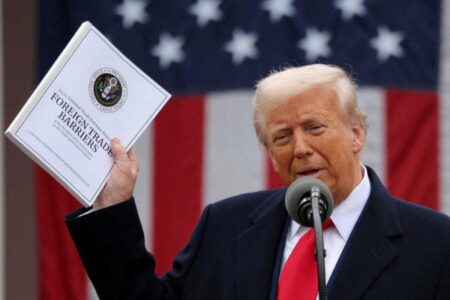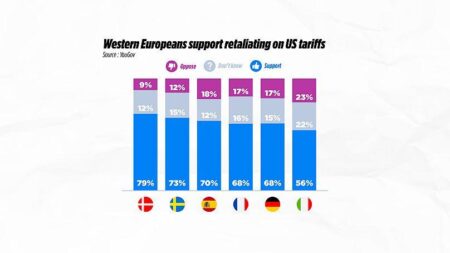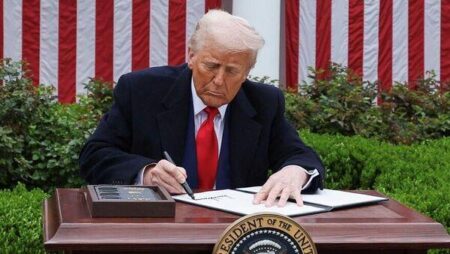Apple has reportedly airlifted over a million iPhones from India to the U.S. to circumvent tariffs. This strategic move highlights the tech giant’s efforts to maintain competitive pricing amid global trade tensions and optimize its supply chain.
Browsing: trade relations
As the US-China tariff war escalates, iPhones, Shein apparel, and toys emerge as top-traded items facing potential price hikes. Analysts warn that increased tariffs could burden consumers, reshaping spending habits and impacting the retail landscape.
In response to escalating tariffs imposed by the Trump administration, Apple is shifting its production focus to India. This strategic move aims to mitigate supply chain disruptions and reduce reliance on China, demonstrating the company’s adaptability in a volatile trade landscape.
Canada-made automobiles are set to experience significant price increases in the U.S. market, attributed to recently imposed tariffs. Analysts warn that these higher costs could impact sales and competitiveness, raising concerns for Canadian manufacturers.
In a significant escalation of trade tensions, China has announced retaliatory tariffs on U.S. goods, raising duties to 125%. This move comes amid a declining dollar, signaling increased economic friction between the two nations. Continue following for live updates.
German chancellor-designate Friedrich Merz emphasized the advantages of EU unity in response to shifting Trump tariffs. He highlighted that a coordinated stance among member states can better protect their economies against external pressures.
In response to the U.S. imposing tariffs on Canadian auto imports, Canada has announced reciprocal measures aimed at protecting its automotive industry. The move escalates trade tensions, as both nations confront the growing impact on their economies.
Italy’s Prime Minister Giorgia Meloni is scheduled to visit the United States next week to discuss ongoing tariff negotiations. This high-stakes meeting aims to address trade tensions and strengthen economic ties between the two nations.
Recent surveys by the Pew Research Center reveal shifting American attitudes towards trade. While views on trade with Canada and Mexico remain largely positive, concerns about the U.S.-China trade relationship have intensified, reflecting broader economic anxieties.
Canada holds billions in U.S. real estate, but recent threats from former President Trump regarding border policies and trade could jeopardize these investments. Experts warn that uncertainty may deter future Canadian buyers, impacting the market significantly.
Japan has positioned itself at the forefront of tariff negotiations with the U.S., seeking to bolster trade ties amid shifting global dynamics. The move underscores Tokyo’s proactive approach in addressing economic challenges and enhancing bilateral relations.
Brazil could emerge as a significant beneficiary of the U.S. tariffs on imports, economists suggest. As American companies seek alternative suppliers, Brazilian exports in agriculture and manufacturing may see a substantial boost.
Spain’s Popular Party (PP) is advocating for a renewed strategic dialogue with Algeria, aiming to bolster diplomatic relations and enhance economic cooperation. This initiative reflects Spain’s commitment to strengthening ties with North African partners amid regional challenges.
Despite the recent decline in the Australian dollar and stock market, experts warn that the United States stands to lose the most from Trump’s escalating tariff war. Analysts emphasize that unintended consequences may hit American consumers and producers hardest.
The yuan has emerged as a critical strategic barometer for China in the wake of tariff escalations. Analysts suggest that its fluctuations reflect broader economic resilience and shifting trade dynamics, influencing both domestic markets and global perceptions.
In response to President Trump’s tariffs, Canada has enacted a 25% levy on US auto exports, escalating trade tensions between the two countries. This move aims to protect Canadian manufacturers and counterbalance the economic impact of US tariffs.
In a recent announcement, former President Donald Trump renewed threats of tariffs on Indian pharmaceutical imports, marking a sudden shift that has negatively impacted Indian pharma stocks. Investors reacted swiftly, reversing the brief respite enjoyed by the sector.
In the wake of President Trump’s new tariffs, trade dynamics with China and Canada face significant shifts. Analysts predict potential retaliatory measures, which could disrupt supply chains and escalate tensions, impacting economies across multiple sectors.
Germany’s Chancellor Olaf Scholz has announced the EU’s readiness to respond to potential U.S. trade tariffs, emphasizing the bloc’s commitment to uphold fair trade practices. The statement signals a unified approach to address transatlantic trade tensions.
The upcoming 26% US tariffs on Indian goods are poised to impact domestic players significantly, according to top exporters’ bodies. This increase could dampen competitiveness in the global market, affecting trade dynamics between the two nations.





